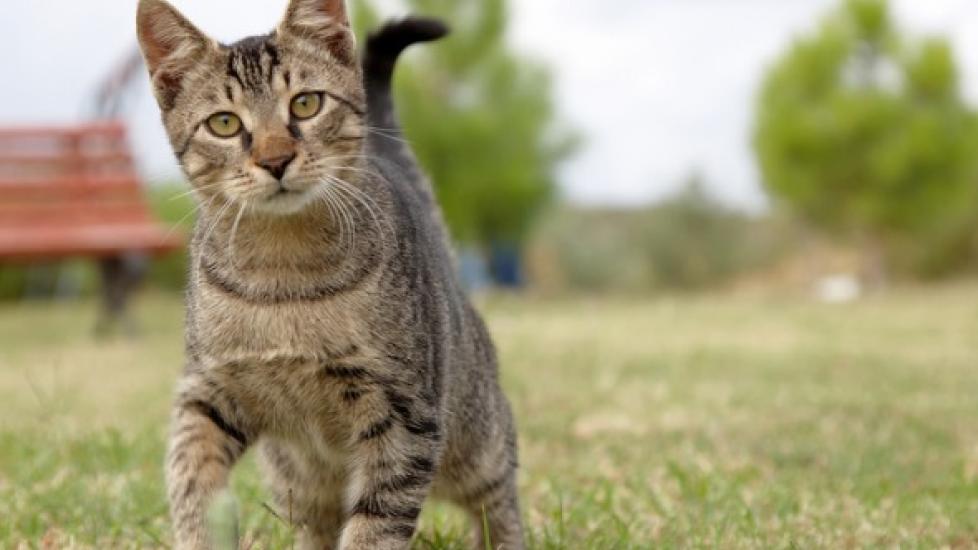 As a pet expert, it is crucial to understand the specific needs of outdoor cats. One essential aspect of their well-being is vaccinations. Unlike indoor felines, outdoor cats face various health risks due to their exposure to different environments and potential encounters with other animals. Therefore, they require a tailored vaccination schedule that can protect them from common diseases prevalent in outdoor settings. Here’s what you need to know about vaccines for your outdoor cat:
As a pet expert, it is crucial to understand the specific needs of outdoor cats. One essential aspect of their well-being is vaccinations. Unlike indoor felines, outdoor cats face various health risks due to their exposure to different environments and potential encounters with other animals. Therefore, they require a tailored vaccination schedule that can protect them from common diseases prevalent in outdoor settings. Here’s what you need to know about vaccines for your outdoor cat:
Core Vaccines:
1. FVRCP (Feline Viral Rhinotracheitis, Calicivirus, Panleukopenia): This combination vaccine protects against three major viral infections affecting cats—rhinotracheitis, calicivirus, and panleukopenia. These viruses are highly contagious and can be life-threatening.
2. Rabies: Rabies vaccination is mandatory for all cats, including those who spend time outdoors. It prevents an incurable and fatal disease transmitted through saliva, typically via bites. Laws vary by country and state regarding rabies vaccination requirements. Always ensure your outdoor cat meets these legal standards.
Non-core Vaccines:
1. FELV (Feline Leukemia Virus): If your outdoor cat has regular contact with stray or feral cats, FELV vaccination is strongly recommended as this virus is commonly spread among such populations. It weakens the immune system and can lead to cancer and other serious illnesses.
2. FIV (Feline Immunodeficiency Virus): While less common than FELV, FIV may also pose a threat to outdoor cats interacting with strays. It compromises the cat’s immune response, making them more susceptible to secondary infections.
3. Leptospirosis: This bacterial infection can affect both pets and humans. Outdoor cats can contract leptospirosis through contaminated water sources or interactions with infected rodents. The vaccine provides some protection but should be considered based on local prevalence rates.
It’s important to note that not all non-core vaccines are suitable for every outdoor cat, and the decision to vaccinate against certain diseases should be made after consulting with a veterinarian. They will take into account your cat’s lifestyle, risk factors, and any underlying health conditions. Additionally, booster shots are necessary to maintain immunity over time, so follow your vet’s recommendations closely.
Remember, while vaccines play a vital role in protecting your outdoor cat, they do not replace good overall care. Regular check-ups, parasite prevention, proper nutrition, and safe housing contribute significantly to keeping your furry friend healthy and happy. Always prioritize your cat’s welfare by ensuring they receive comprehensive veterinary attention.
